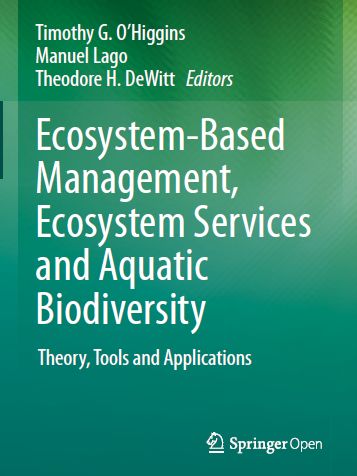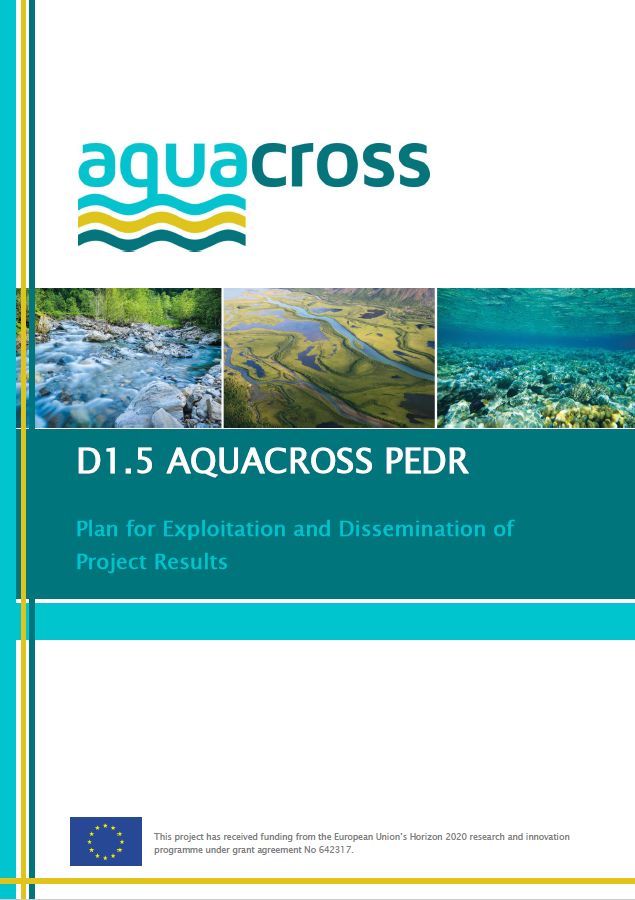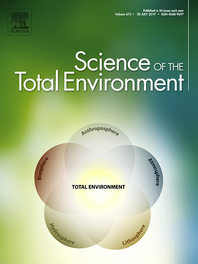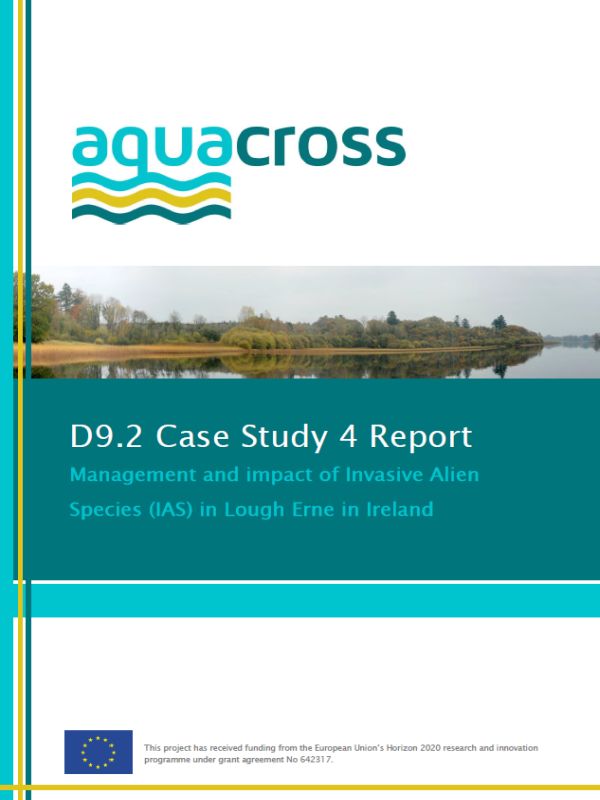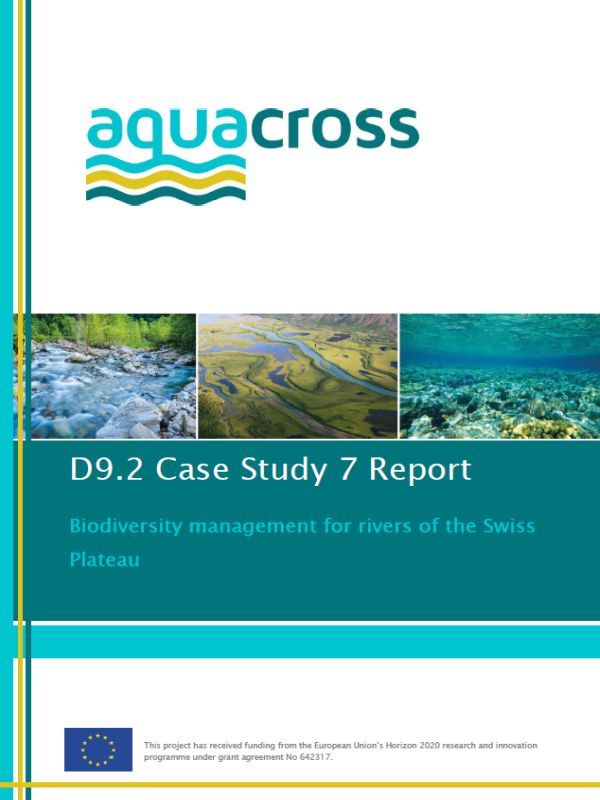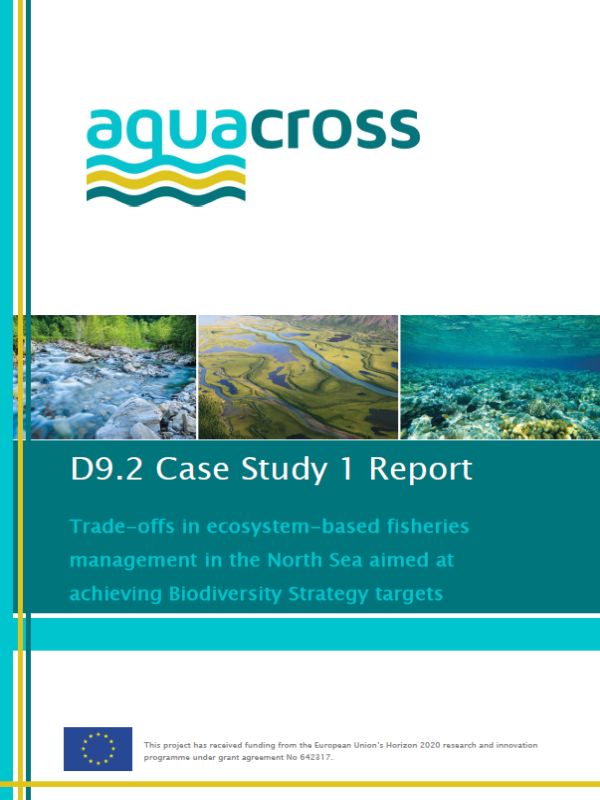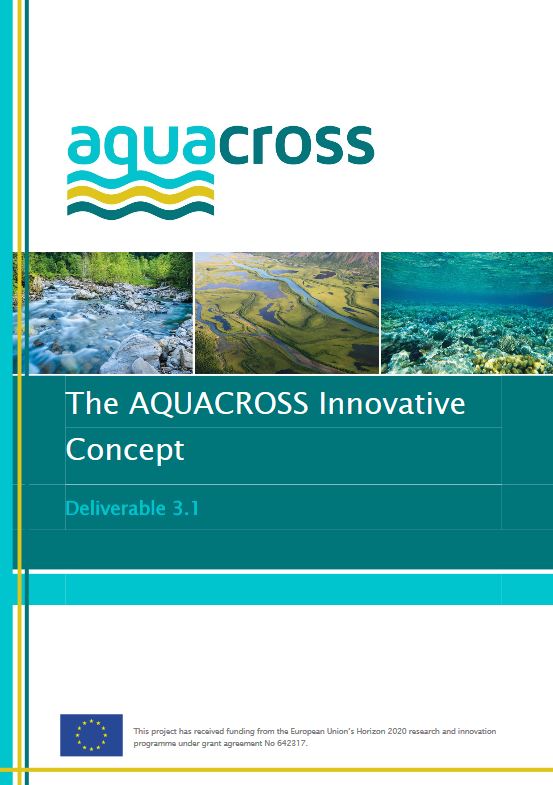Synergies and Differences between Biodiversity, Nature, Water and Marine Environment EU Policies
Aquacross Deliverable 2.1
- Publication
- Citation
Rouillard, Josselin; Manuel Lago; Katrina Abhold et. al. 2016: Synergies and Differences between Biodiversity, Nature, Water and Marine Environment EU Policies. Aquacross Deliverable 2.1. Ecologic Institute: Berlin.
The AQUACROSS consortium published a report on EU environmental policy synergies. Authors of the report, including Ecologic Institute, analyse these EU policies, specifically aiming to determine: How EU policies and laws contribute to and/or hinder the achievement of EU and international biodiversity targets; and the coherence and/or incoherence of current environmental protection policies affecting the management of aquatic ecosystems. The report is available for download.
Despite multiple EU policies to safeguard aquatic ecosystems and their biodiversity – including the Birds and Habitats Directives, the Water Framework Directive, the Marine Strategy Framework Directive, and the EU Biodiversity Strategy to 2020 – the EU has been unable to halt and reverse the trend of declining biodiversity of aquatic ecosystems. AQUACROSS has published a new report on EU environmental policy synergies.
This report, led by Ecologic Institute, investigates these EU policies, specifically aiming to determine:
- How EU policies and laws contribute to and/or hinder the achievement of EU and international biodiversity targets.
- The coherence and/or incoherence of current environmental protection policies affecting the management of aquatic ecosystems.
To achieve these aims, AQUACROSS researchers identified key environmental policies protecting biodiversity in freshwater, coastal and marine realms. Second, these environmental policies are reviewed, along with other relevant European policies, to identify how they positively or negatively influence aquatic biodiversity and its protection. This section also features an integrated analysis of six key “threats” to aquatic biodiversity – nitrogen pollution, species extraction, invasive alien species, alterations to morphology, and plastic waste - and the impact of key policies on these threats. Third, the report further reviews key environmental policies protecting aquatic biodiversity in freshwater, coastal, and marine realms to examine the degree to which they can work synergistically or antagonistically to implement ecosystem-based management (EBM).
Overall, the report concludes that, while some progress has been made, Europe is far from achieving its policy objective of healthy aquatic ecosystems. It finds that the achievement of the EU Biodiversity Strategy to 2020 targets is not just determined by the key environmental policies – the Birds and Habitats Directives, Water Framework Directive, and Marine Strategy Framework Directive – but also depends on other sectoral and environmental policies that support and compete with biodiversity objectives. To increase policy synergies, the report recommends an integrative approach to managing biodiversity and the mainstreaming of biodiversity protection actions into sectoral policies. Finally, the authors find that EBM can, for the most part, be made operational by implementing the key environmental directives. This, combined with a closer integration of existing policies, should improve aquatic biodiversity protection. The report concludes with recommendations for the integration and application of this knowledge into the AQUACROSS case studies.

